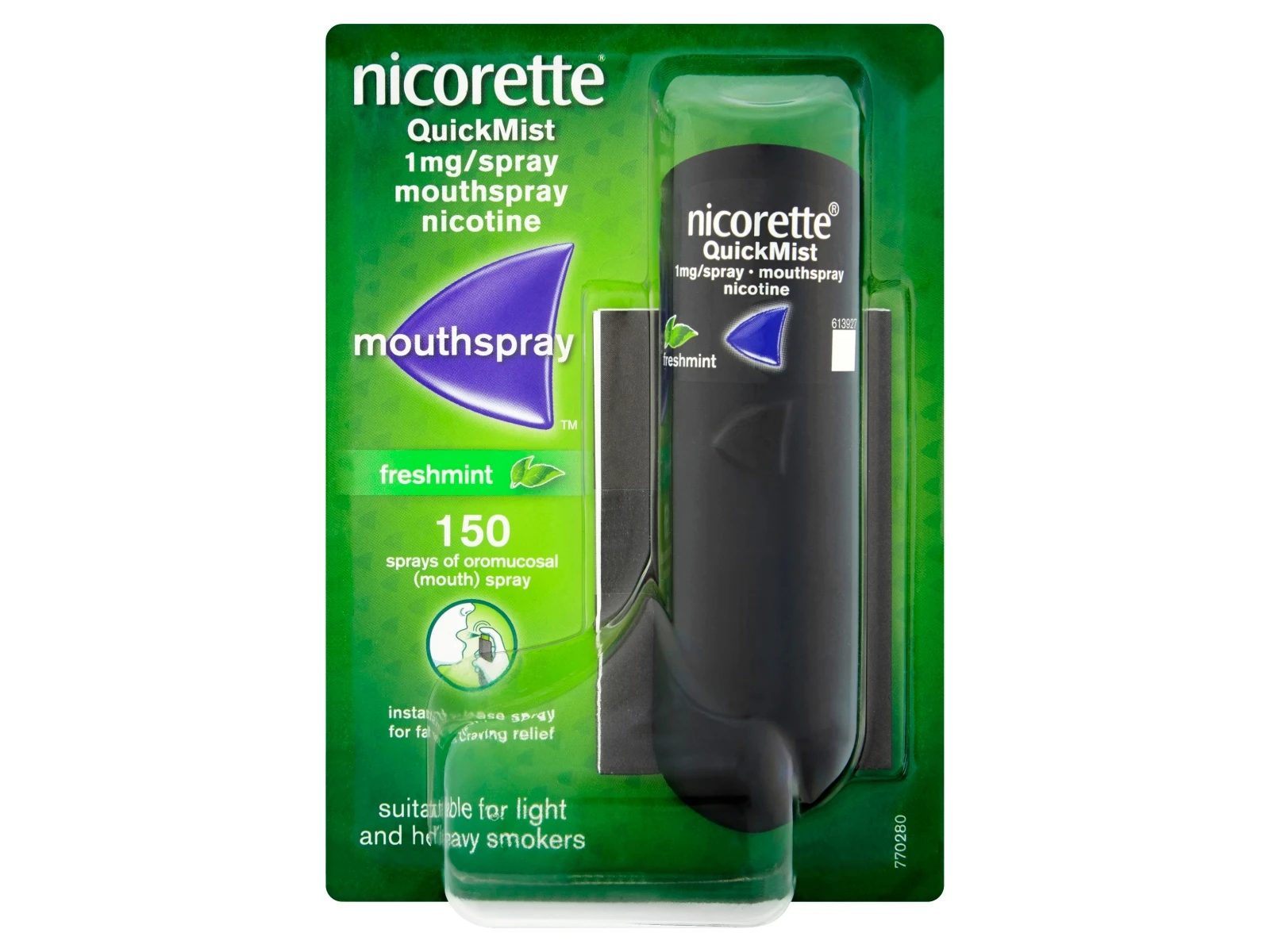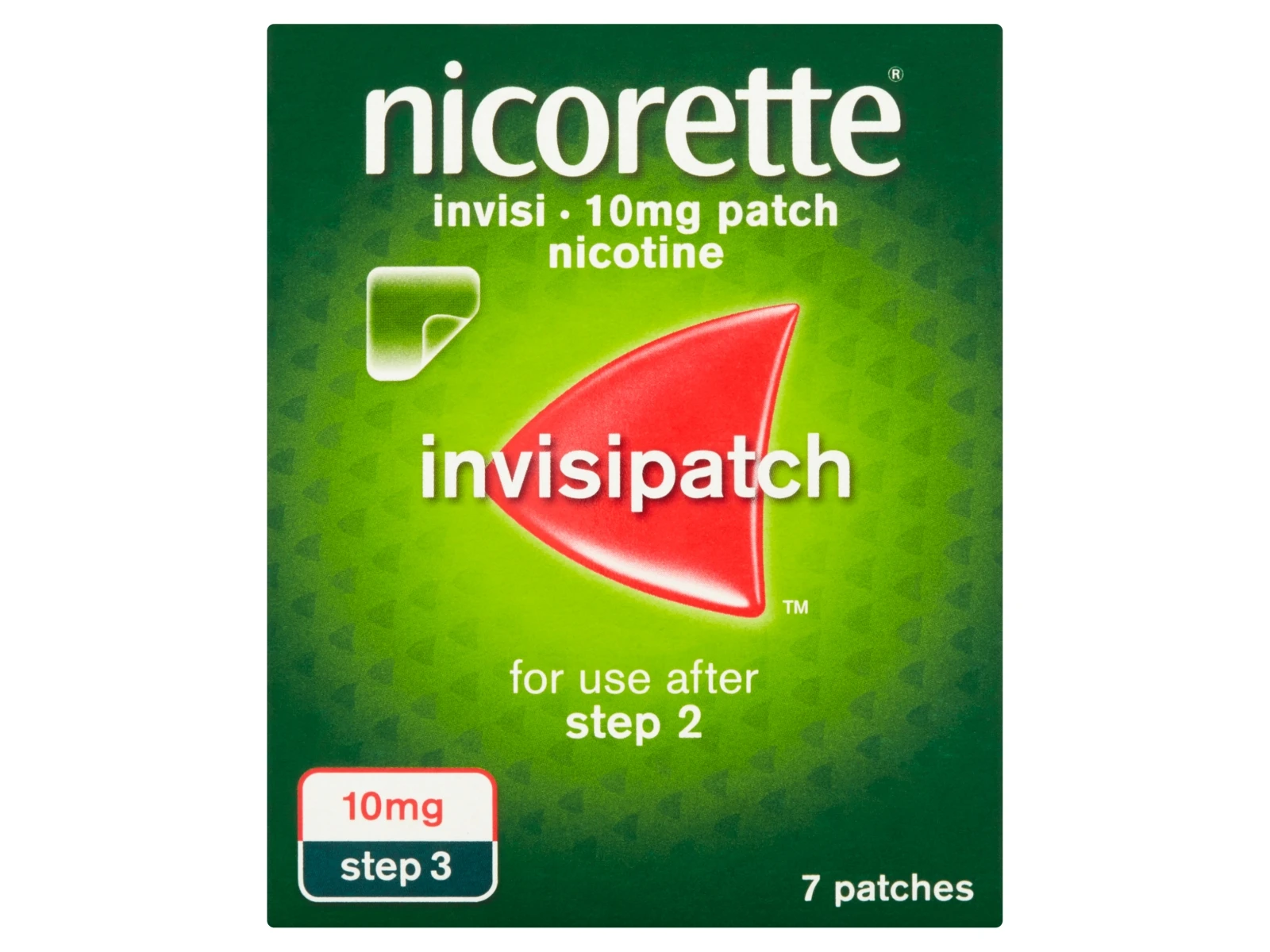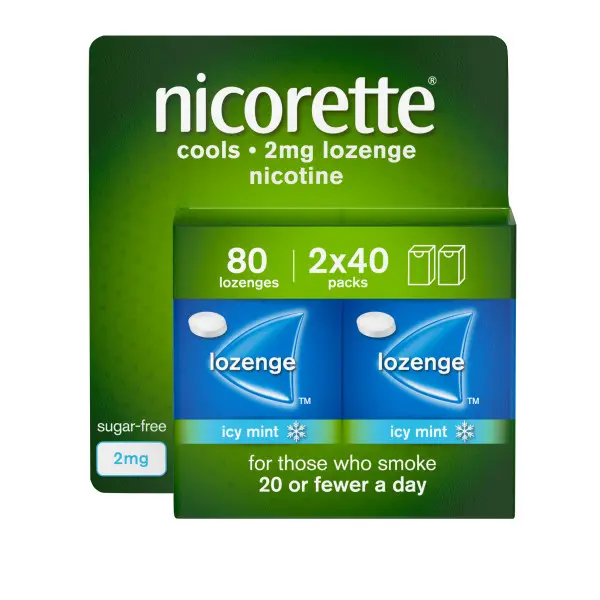Smoking and fertility
Smoking can have a significant impact on fertility and reproductive health. Understanding the specific risks and offering evidence-based interventions can help improve fertility outcomes and support the reproductive health of patients.

Did you know?
Women who smoke have a 1.85 times increased odds of infertility than those who do not2
Men who smoke are 1.5 - 2 times more likely to experience erectile dysfunction3
Smoking can impact both male and female fertility
Smoking in women is associated with
Impaired fecundity4
Increased risk of spontaneous abortion4
Increased risk of ectopic prognancy4
It may also advance the time of menopause by 1- 4 years4
Smoking in men has been shown to
Be one of the major factors leading to male infertility5
Decrease sperm count, motility and morphology which compromises sperm quality and fertility potential4
Increase erectile dysfunction between 1 . 5 - 2 times3
For fertility treatments
Smoking reduces the success of fertility treatments such as In Vitro Fertilisation (IVF) and Intracytoplasmic Sperm Injection (ICSI)6
Women who smoke have 30% lower pregnancy rates compared with female IVF patients who do not smoke7
Male partners who recently smoked had a significantly lower live birth rate with IVF or ICSI versus non-smoking males (7.8% vs 21.1% )6
Smoking is associated with other medical conditions that can affect fertility
Quitting smoking can improve the chances of conceiving
Quitting smoking can improve egg fertility, although the decrease of ovarian egg supply cannot be reversed7.
For women the reduced fecundity associated with smoking may be reversed within a year of smoking cessation4
For men smoking cessation may improve semen quality and reduce the number of patients with abnormal parameters, by improving semen volume, sperm concentration and total sperm count, at three months10.
You can play a vital role in helping your patients to stop smoking
HCPs are central to patients' success by:
Advising and supporting patients to stop smoking.
Counselling advice lasting less than 3 minutes can increase smoking cessation and abstinence rates by 40%11
Providing advice about which modifiable lifestyle factors affect fertility - such as smoking - is a crucial first step in helping people increase their chances of timely conception, and delivery of a healthy baby 12
Couples are more likely to succeed in quitting smoking if they quit at the same time 14
85% of patients would appreciate their physician bringing up the topic of smoking cessation13
Smoking in pregnancy and exposure to second hand smoke during pregnancy increases the risk of complications and stillbirth. Protecting mum and baby from tobacco smoke by quitting is one of the best things they can do to help give the child a healthy start in life.15
Two -thirds of smokers say they want to quit , but most try to do so unaided, which is the least effective method16
3-5x increased chance of quitting with stop-smoking aids, like NRT and behavioural support17, 18
Nicorette® NRT solution to support your patients to stop smoking*1
Nicotine Replacement Therapy (NRT) has been specifically developed to aid patients to quit smoking
NRT provides the body with therapeutic doses of nicotine through a safer, alternative method to smoking and reduces the urge to smoke (cravings)22
NRT dosing regimen provides a tapering down of pharmaceutical grade, lower dosage nicotine intake.18, 19 As the dose is tapered down, typically over a 12-week period20, the brain downregulates the number of nicotine receptors which reduces cravings21 and increases the chances of successful, complete nicotine cessation22.
Nicorette® is clinically proven to reduce nicotine dependency, by helping to fight smoking cravings and withdrawal symptoms1
Click here for product information
References
Nicorette ®. Summary of Product Characteristics.
Hazlina NH, Norhayati MN, Shaiful Bahari I, Nik Muhammad Arif NA. Worldwide prevalence, risk factors and psychological impact of infertility among women: a systematic review and meta-analysis. BMJ Open. 2022 Mar 30;12(3):e057132.
Hehemann MC, et al. Transl Androl Urol. 2016 Apr;5(2):187-94.
Practice Committee of the American Society for Reproductive Medicine. A Committee Opinion. Fertil Steril. 2018 Sep;110(4):611-18.
Bundhun PK, et al. BMC Public Health. 2019 Jan 8;19(1):36.
Kovac JR, et al. Postgrad Med. 2015 Apr;127(3):338-41.
American Society for Reproductive Medicine. Smoking and infertility. Patient Education Fact Sheet. 2014.
Kapoor D & Jones TH. Eur J Endocrinol. 2005 Apr;152(4):491-9.
Allen, MS & Tostes, RC. Sex Med Rev, 2023, 11, 61-73.
Kulaksiz D, et al. Int J Impot Res. 2022 Sep;34(6):614-19.
Fiore MC, et al. Am J Prev Med. 2008 Aug;35(2):158-76.
Boedt, T, et al. Cochrane Database Syst Rev. 2021 Apr 29;4(4).
Slama KJ, et al. Family Practice 1989;6(3):203-209.
Polotsky AJ, et al. Impact of male and female weight, smoking, and intercourse frequency on live birth in women with polycystic ovary syndrome. J Clin Endocrinol Metab. 2015 Jun;100(6):2405-12.
NHS. Stop smoking in pregnancy. https://www.nhs.uk/pregnancy/keeping-well/stop-smoking/
Public Health England. Health matters: stopping smoking – what works? Available at:https://www.gov.uk/government/ publications/health-matters-stopping-smoking-what-works/health-matters-stopping-smoking-what-works. Last accessed April 2024.
West R et al, NCSCT, Stop smoking services increased chances of quitting 2019.
Sutherland G. Heart 2003; 89(suppl II): ii25–ii27.
Sandhu A, Hosseini SA, Saadabadi A. Nicotine Replacement Therapy. [Updated 2023 Nov 12]. In: StatPearls [Internet]. Treasure Island (FL): StatPearls Publishing; 2024 Jan.
European Pharmacopoeia (Ph. Eur.) 11th edition. Strasbourg, France: EDQM Council of Europe. Nicotine 1452 (01/2009:1452) respectively Nicotine Resinate (01/2015:1792).
Sweeney CT, et al. CNS Drugs. 2001;15(6):453–67.
Mamede, M., Ishizu, K., Ueda, M., Mukai, T., Iida, Y., Kawashima, H., Fukuyama, H., Togashi, K. and Saji, H., 2007. Temporal change in human nicotinic acetylcholine receptor after smoking cessation: 5IA SPECT study. Journal of Nuclear Medicine, 48(11), pp.1829-1835.
Adverse events should be reported. Reporting forms and information can be found at https://yellowcard.mhra.gov.uk/
Adverse events should also be reported to McNeil Products Limited on freephone 0800 555 22000.
UK-NIC-2025-241219 | October 2025.







